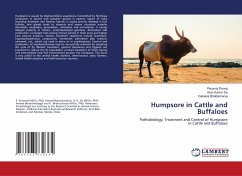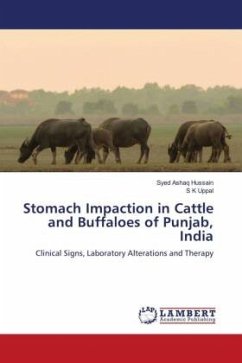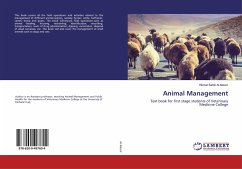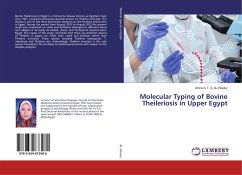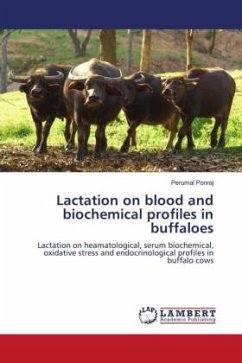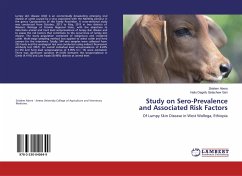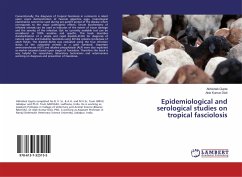Humpsore is caused by Stephanofilaria assamensis, transmitted by fly Musca conducens in bovine and bubaline species in eastern region of India including Andaman and Nicobar Islands. It causes pruritis, damage in hair follicles, skin glands leads to alopecia and severe ulcerative nodular dermatitis, exudation, granulation, ulceration and incrustation. It causes delayed puberty in heifers, underdeveloped genitalia, diminished milk production, increased inter-calving interval period in milch cows and higher post partum anestrus. Various treatment regiments include levamisole, organophosphorous compounds, ivermectin, petroleum jelly, tobacco ointment, etc., which are used in alone or in combinations. Control and eradication of stephanofilariasis may be successfully achieved by targeting life cycle of fly. Blanket treatment, general cleanliness and hygiene are practiced to reduce the fly population, prompt treatment of fresh injuries and intermediate host free environment prevent the humpsore. This book is very useful to the animal health workers, Veterinarians, dairy farmers, animal health scientists and field extension workers.
Bitte wählen Sie Ihr Anliegen aus.
Rechnungen
Retourenschein anfordern
Bestellstatus
Storno

